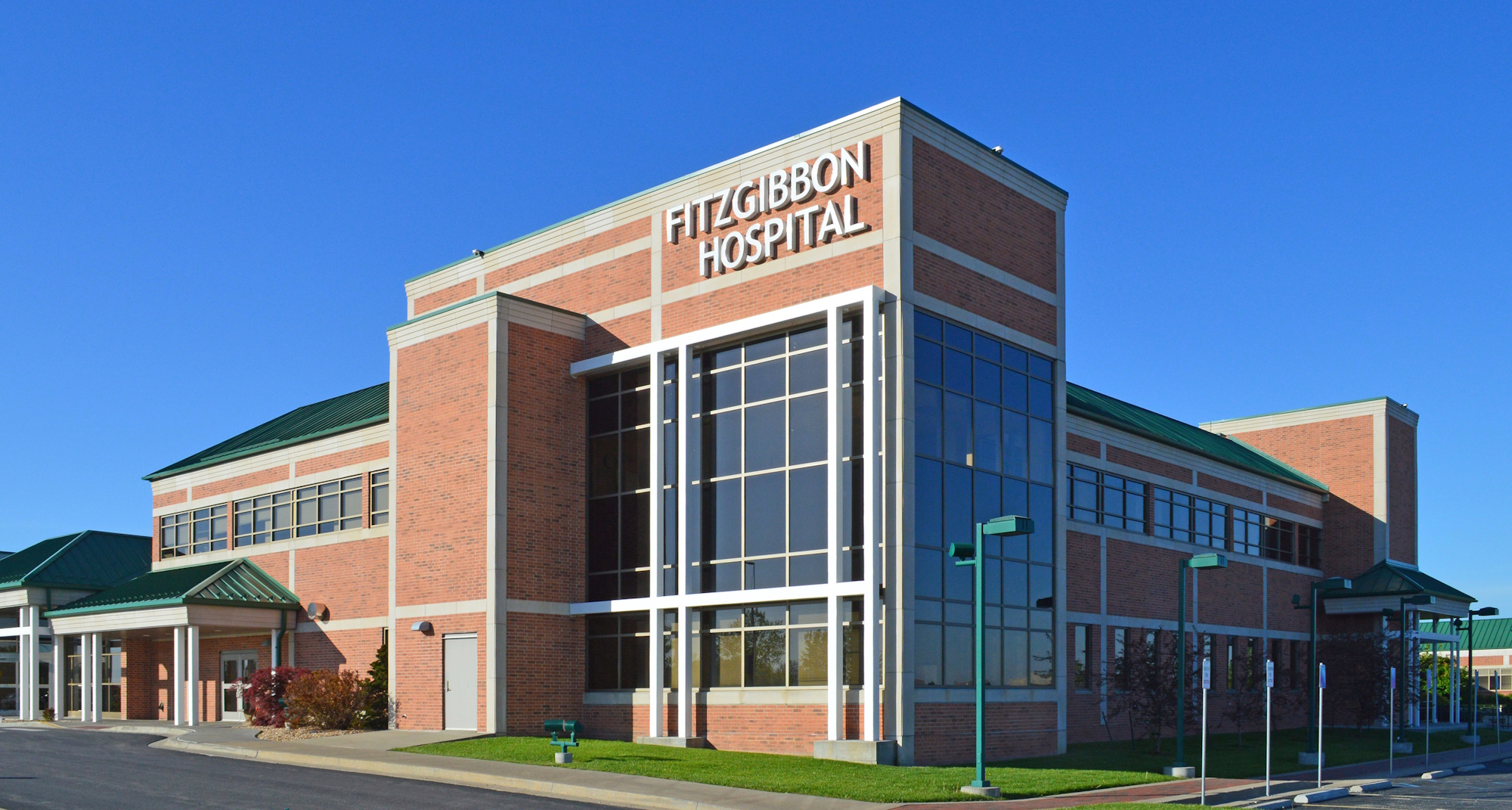New Service Helps Women with age-old problem
August 05, 2016
Urinary incontinence is an uncomfortable problem that needlessly affects the lifestyle of millions of American women. Many women see it as "just part of living life" after the birth of a child or as a natural part of aging. But it does not have to be that way. According to the National Institutes of Health, risk of embarrassment often keeps women who suffer from UI from participating in activities with their families and friends. This can lead to serious quality of life issues. A new service offered by Fitzgibbon Rehabilitation Services, the Physical, Occupational, Aquatic and Speech Therapy department at Fitzgibbon Hospital aims to change all that for women in our area.
"In this new rehabilitation service we are seeking to provide better overall health for women focusing on the pelvic region. With your pelvis, comes the hip muscles, core muscles, and pelvic floor so I look at all three of those areas," said Jennifer Vogelsmeier Dickinson, PT/DPT, Doctor of Physical Therapy for Fitzgibbon Rehabilitation Services.
Dickinson recently received training and certification that allows her to help women with pelvic issues, including urinary incontinence and pelvic pain. She is one of the only doctors of physical therapy in our area certified to provide such therapy.
"There is a lot of anxiety for women in this area, but it is a common enough problem that there are some specialists in larger cities that focus on this type of service," said Dickinson.
There are two primary types of urinary incontinence that can be alleviated via this new rehabilitation service. Stress incontinence causes women to leak urine during activities such as coughing, sneezing, jumping, laughing, exercise, lifting or other activities that cause pressure on the abdomen. The second type of urinary incontinence can best be described as a sense of urgency to use the bathroom, even after a recent trip. You may feel like you can't get to the bathroom fast enough.
"Some women think that urinary incontinence is just normal after childbirth, but that is not necessarily the case. We can definitely take steps to make that better. It does not have to be the way you have to live," said Dickinson.
Another problem for some women which can be addressed by this new rehabilitation program include pelvic pain during intercourse or defecation.
"It is never normal to have pain during intercourse. If you are having pain during intercourse, you will first want to talk to your OB/GYN to rule out any potential issues such as infections, injury or disease. Ruling those issues out, there are things that we can do through rehabilitation that can relieve pain in this area as well. If you have a sprained ankle, you don't think anything about going to the doctor for it, and if you have pain in your pelvis it should be no different and there should be no stigma or anxiety," said Dickinson.
If you are dealing with urinary incontinence, you should know that there are steps you can take that will transform and improve the quality of your life. You are encouraged to visit your OB/GYN to discuss these issues. If rehabilitation is needed, ask for a referral to Jennifer Vogelsmeier Dickinson at Fitzgibbon Rehabilitation Services. If you do not have an OB/GYN, Karen Song, M.D., and the caring staff of Marshall Women's Care are taking new patients. Call (660)886-7800 or stop by their office inside the Fitzgibbon Medical Clinic to make an appointment.


